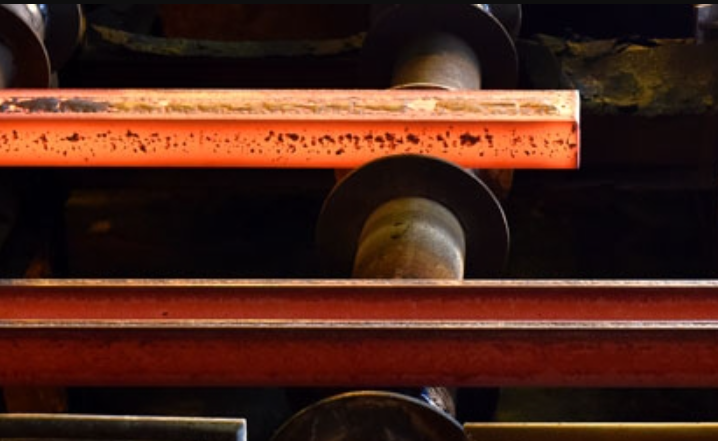Spain – CELSA Group has launched the HYMET project, which aims to investigate new technologies applicable in the steel industry for the revaluation of process byproducts and decarbonization via the use of renewable raw materials such as hydrogen.
The HYMET project has a total budget of 5.8 million euros and has received funding from the Centro para el Desarrollo Tecnológico Industrial (CDTI) through the MISIONES call for proposals, with a grant of 3.9 million euros. CELSA Group invests approximately 2 million euros and receives a CDTI grant of 1.2 million euros.
HYMET proposes the study and technological maturation of innovative solutions in three future vectors for decarbonization and industrial circularity, namely: the recovery of industrial waste via an innovative reduction reactor that uses renewable reducing agents; the generation of green hydrogen via high efficiency electrolysis technologies; and, finally, the study of CO2 capture and integration via electrolysis technologies for the generation of green hydrogen.
The CELSA Group’s strategic goals are to achieve complete circularity within the next five years and to become a Net Positive company by 2040, ten years ahead of the European Union’s decarbonization projections. As a result, for the circular steel production company, which currently generates approximately 70,000 tons/year of various by-products in its production process in Spain, of which approximately 90% are valued, HYMET opens a potential path towards its medium and long-term goals.
Promoted by consortium
TÉCNICAS REUNIDAS S.A., AMES PM TECH CENTER SAU, ARIEMA Energa y Medioambiente, S.L., and AE S.A. have all joined forces to support this initiative.
HYMET has the participation of important technological centers, leaders in the sectors covered by the project, such as the Institut de Recerca en Energia de Catalunya (IREC), various centers affiliated with the Consejo Superior de Investigaciones Cientificas (CSIC), such as the Instituto de Tecnologa Qumica (ITQ), the Instituto de Cerámica y Vidrio (ICV), and the Laboratorio de Investigación (UHU).





